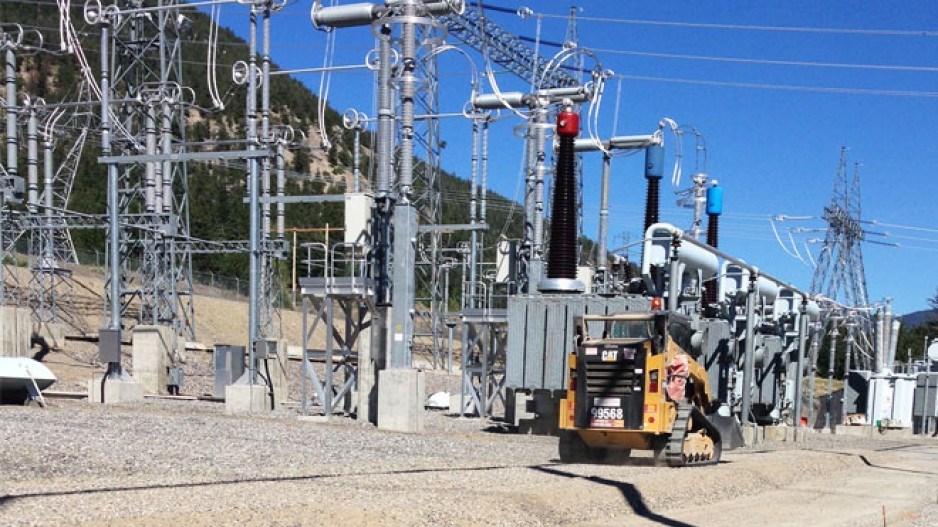BC Hydro is abandoning its plans to go underground with three new substations in Vancouver after city council made the cost of doing so unworkable.
BC Hydro needs to replace three aging substations in Vancouver in the coming years, and some cannot be rebuilt on their current sites.
Rather than buy new parcels of land and build traditional above-ground substations, BC Hydro considered building them underground. There is already a model for this – the Cathedral Square substation, which is underground.
One of the locations BC Hydro identified for an underground substation was Emery Barnes Park.
A part of the park would have to be closed to the public while under construction. But once completed, the park would be restored.
BC Hydro would enter a long-term lease with the city to use the park, but would give the city the money all up front, to be used for whatever purpose it wished.
But according to BC Hydro, Vancouver city council wants BC Hydro to pay the full cost of the park’s assessed value, so it has abandoned its so-called “seed” project of building underground substations.
“This shift makes the extra costs of building underground prohibitive,” BC Hydro CEO Jessica McDonald said in a press release.
“We also learned that the city will not be making a decision about whether or not seed could move forward for many more months. While we respect their processes and views in reaching this decision, this means that our proposal is no longer possible.”
City council cited a lack of information and public consultation for being unable to come to an agreement on the seeds project by August, which is when BC Hydro said it would need a decision.
In rejecting the plan, the City of Vancouver will be forgoing financial benefits BC Hydro was offering – benefits that the utility said could be used to finance park enhancements and social and civic programs and projects.
It may also mean that all BC Hydro ratepayers will end up shouldering the extra costs associated with BC Hydro having to go out and buy up prime chunks of Vancouver real estate for the new substations, which won’t be cheap.
In an address to the Greater Vancouver Board of Trade in January, BC Hydro CEO Jessica McDonald said that growth in downtown Vancouver will increase energy demand by 75% over the next 30 years. To avoid brownouts, new substations will eventually have to be built.
Substations take electricity from high-voltage transmission lines, and steps it down before sending it along lower transmission lines to homes and businesses.




